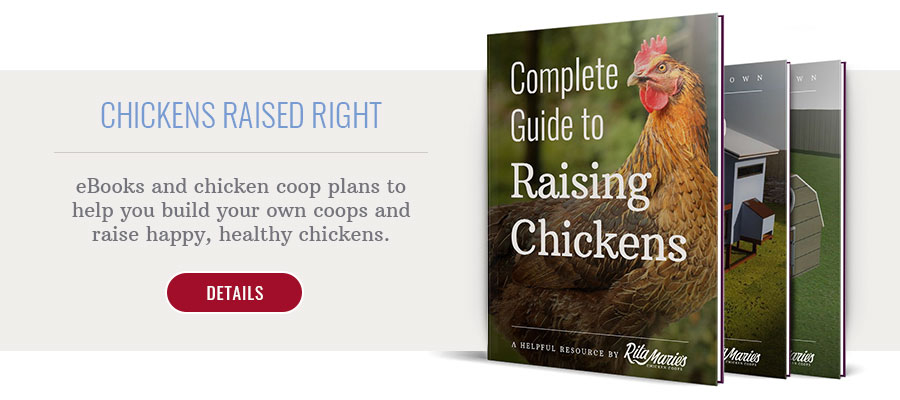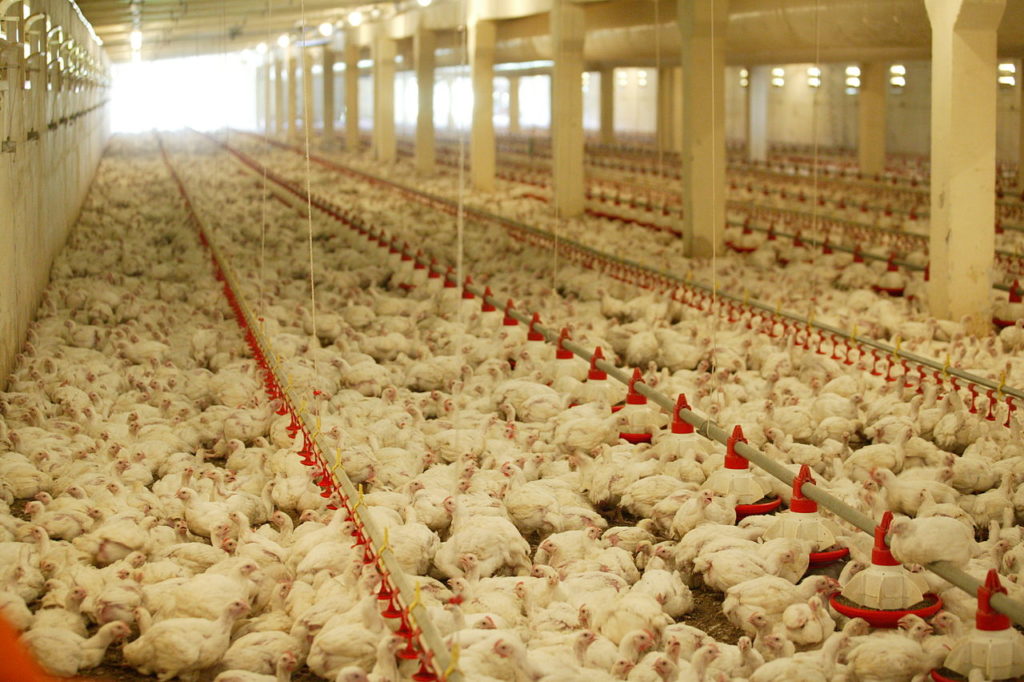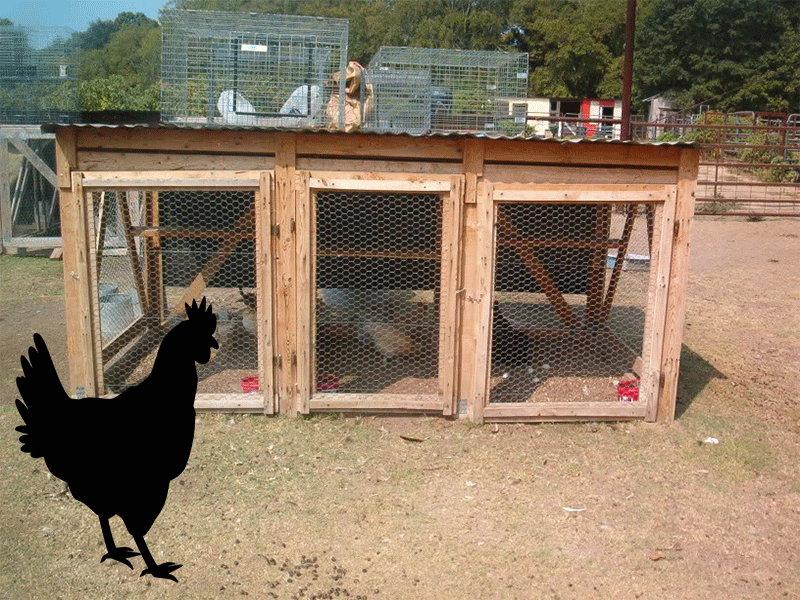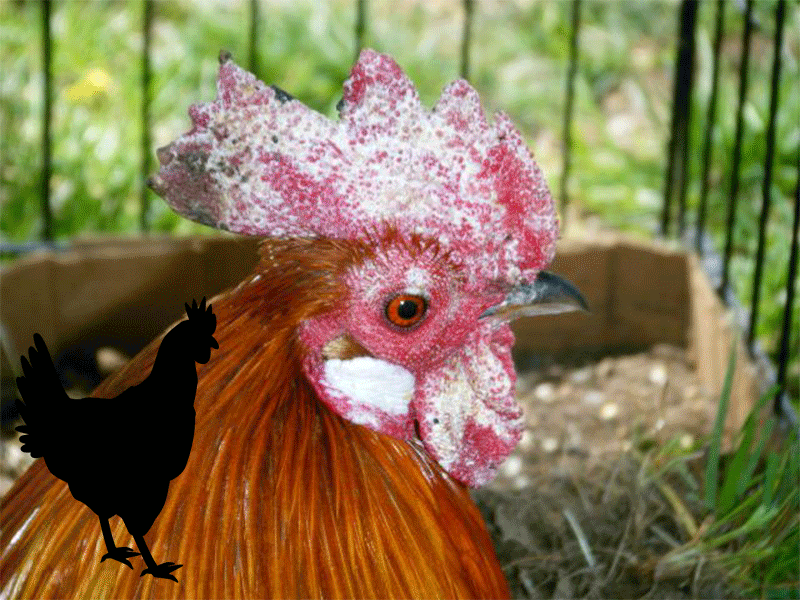Like other living creatures, your chickens also need a balanced diet that is rich in proteins, carbohydrates, vitamins, and minerals.
They need plenty of protein for growth and egg production. A hen that lacks proteins in her meals will soon stop laying as many eggs as she used to lay when she was well fed.
Fortunately, hens that are allowed to roam freely can forage for rich sources of proteins such as slugs, worms, grasshoppers, and other insects. They can be a natural pest control depending on your needs and pests around the yard.
If your chickens don’t have the ability to forage for protein you need to take care of their nutritional needs by feeding them with chickens feed bought at your local store. The type of feed you give to your chickens will depend on their age.
Here are a few suggestions:
- Chicks: Young chicks should preferably be fed with “starter feed”. This kind of feed is ideal for chicks that have just hatched as well as those that are 5 weeks old and below. Starter feed contains approximately 19% protein, which is good for growing chicks.
- Pullets: “Grower’s mash” or growers pellets, are ideal for pullets which are chickens aged from 6 weeks to 18 weeks. At this age the birds are doing a lot of growing and therefore need a rich source of protein to help them grow faster. “Grower’s mash” contains around 15% to 16% protein.
- Hens: Laying hens should always be fed with “layers mash” which contains 15% to 17% protein that can help them lay healthy eggs more frequently. For meat birds, you will want a feed with upwards of 20% protein for maximum muscle growth.
While in this topic of chickens feed it is important to mention that you should always ensure that your chickens feed is stored in a dry rodent-proof place.
You may end up feeding rats and garden mice if you don’t store your chickens feed well. You can use a metal dustbin to keep your seed safe from rodents and moisture.





